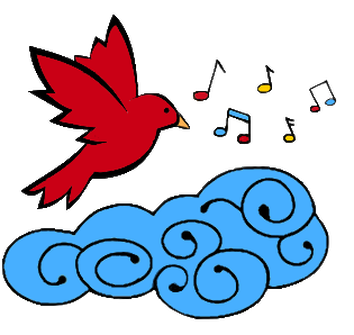|
Reading is a fantastic way to apply your language learning. It allows us to explore the language in new ways, inspire our imagination, and delve into French culture. This article will outline 10 French books that a language learner can read to expand their use and understanding of the French language. The ten books offered in this blog range in difficulty and are here presented in order of ability from beginner to advanced.
As you begin to read in French you should aim to use the dictionary sparingly. Instead rely on guesswork (from the layout, pictures, headlines, or titles) and your logical understanding of etymology to get a first understanding of the text you are reading. After you’re confident that you have the gist of the text, you can start to focus on the details and expand your vocabulary with the help of your dictionary and grammar books.
I hope you enjoy these texts and have fun in your exploration of French literature! If you would like to learn more about our course offerings at the Music & Language Learning Centre, schedule a free consultation with us today.
0 Comments
Leave a Reply. |
AuthorWrite something about yourself. No need to be fancy, just an overview. Archives
June 2024
Categories
All
|
Music & Language Learning Center |
Music Classes |
Language Classes |
MUSIC AND LANGUAGE LEARNING CENTER 2024

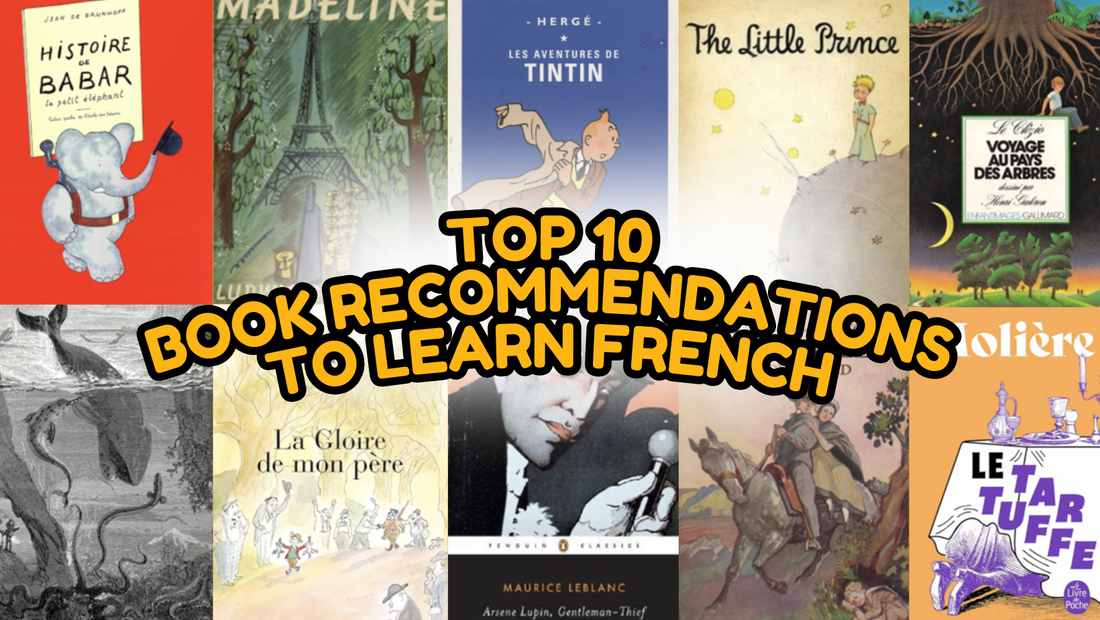
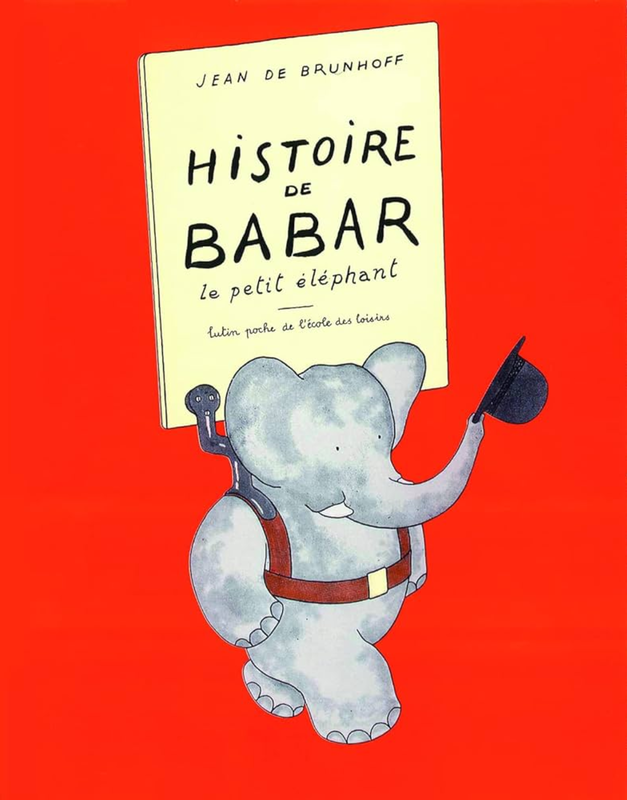
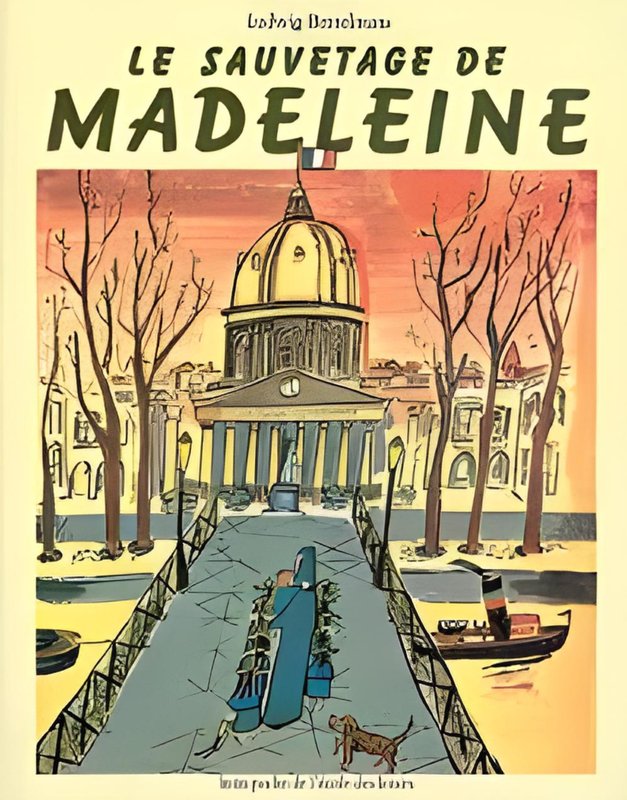
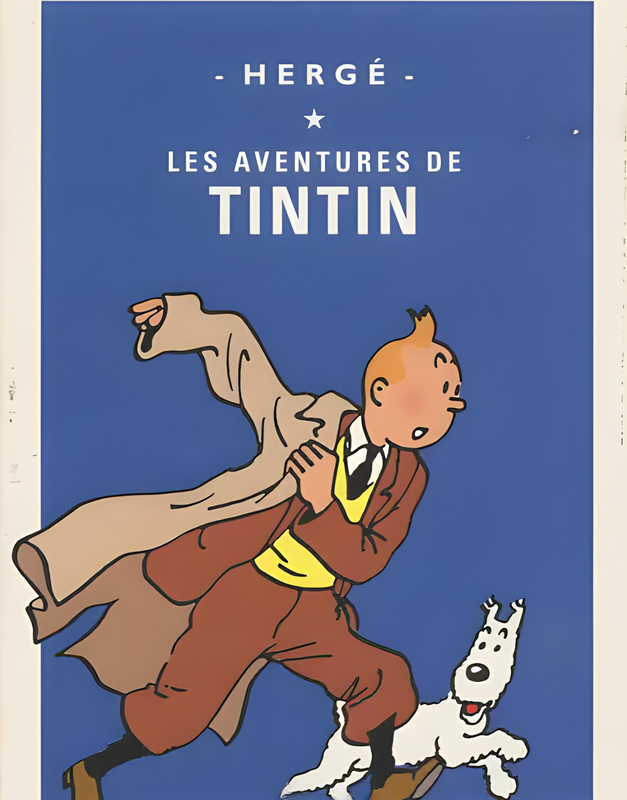
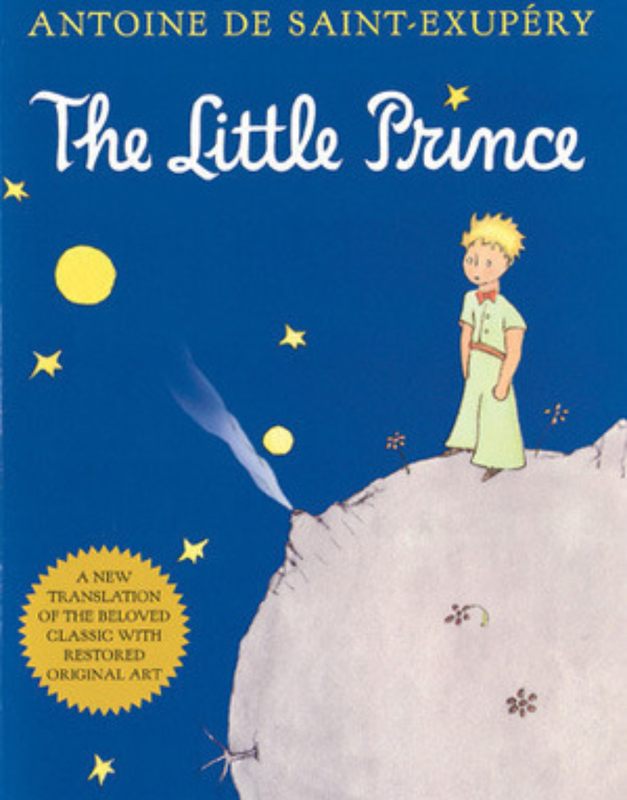
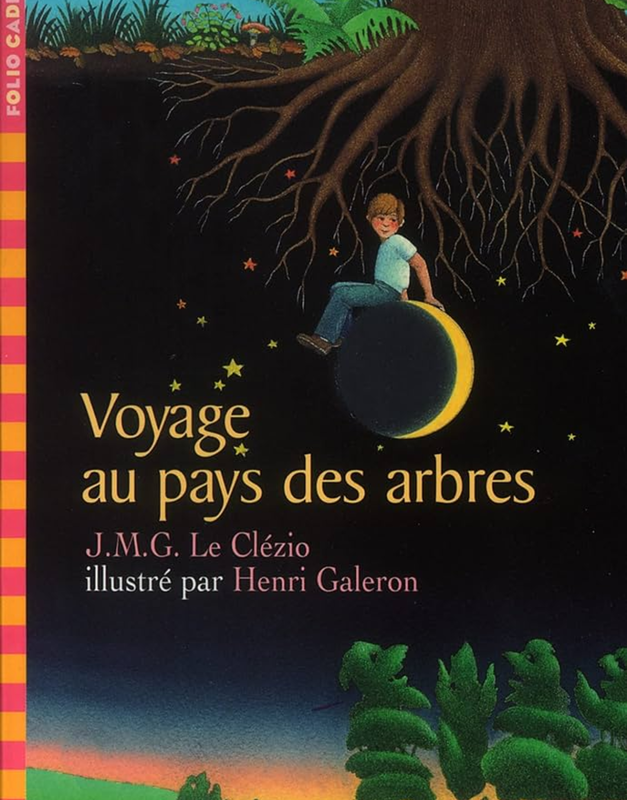
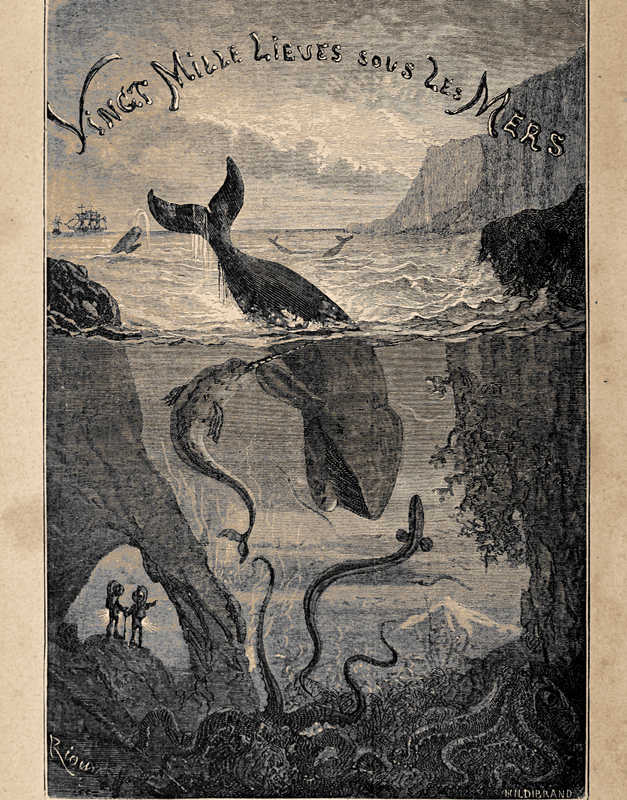
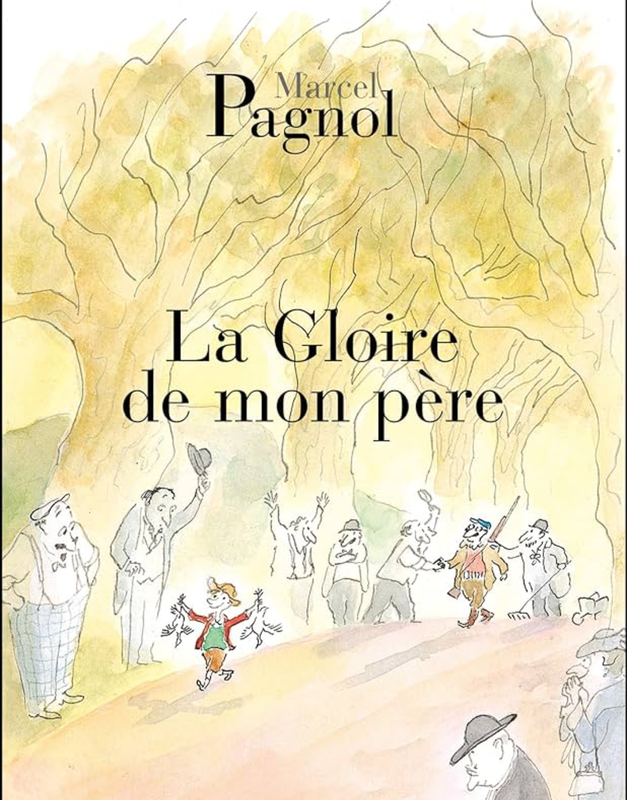
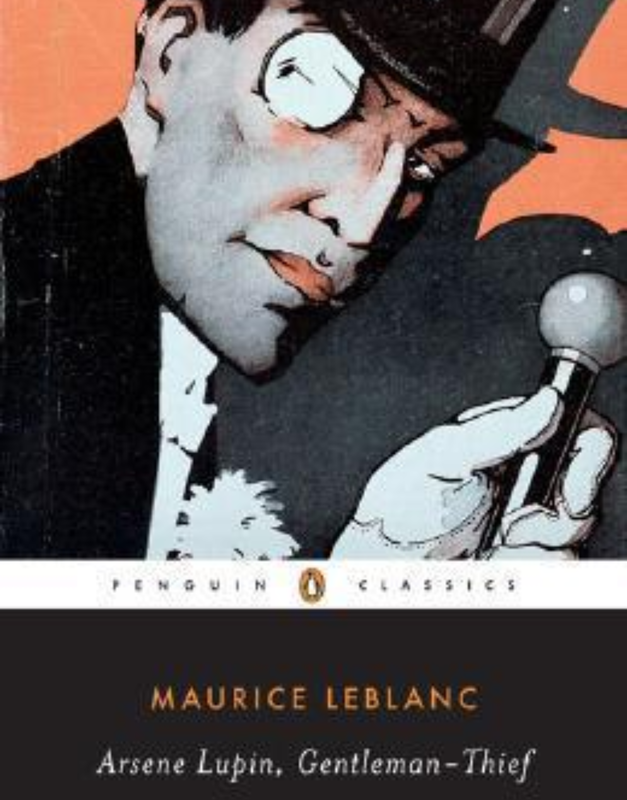
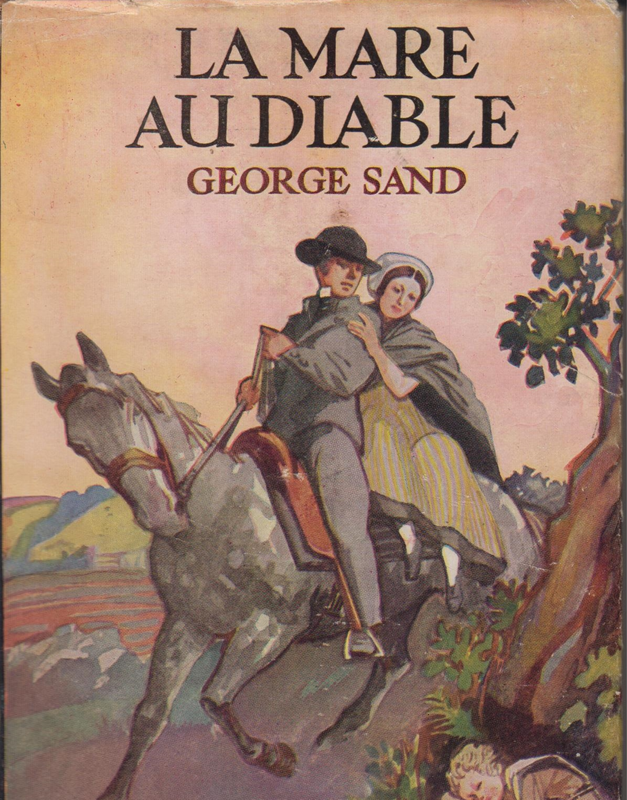
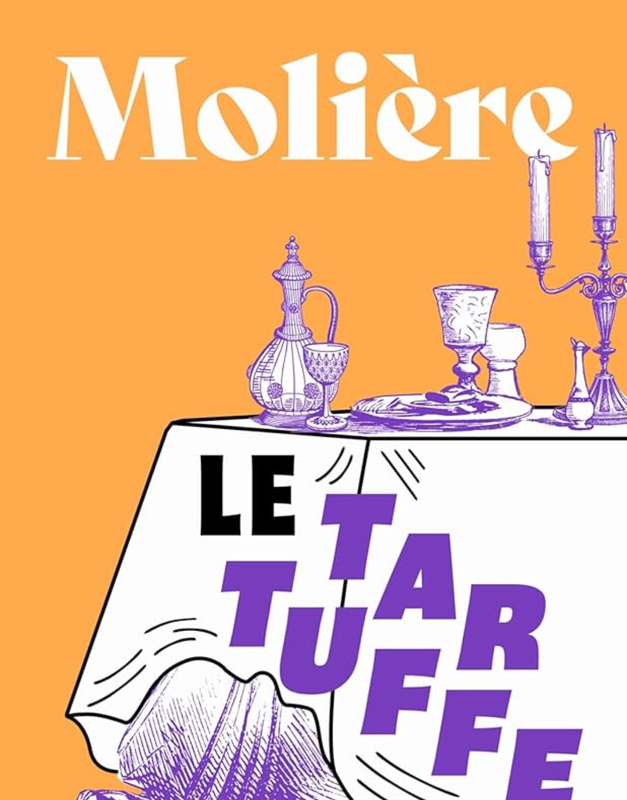

 RSS Feed
RSS Feed
